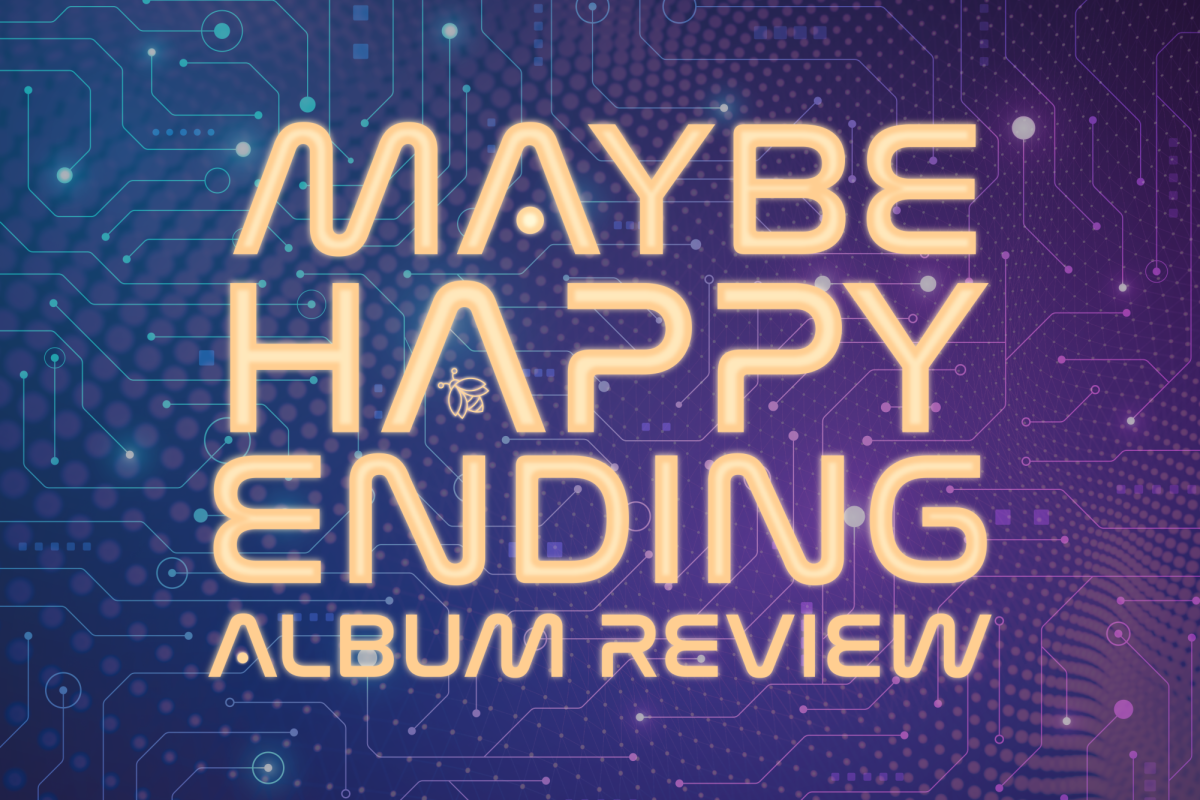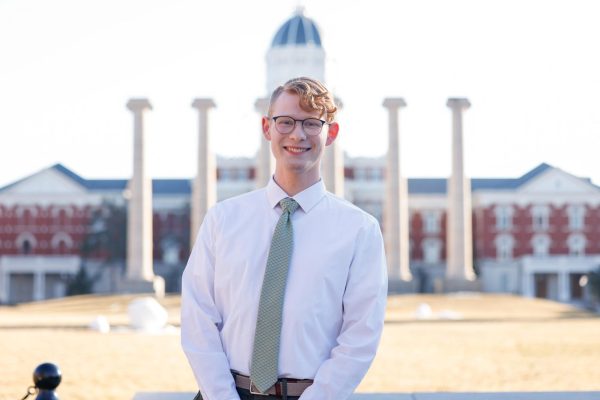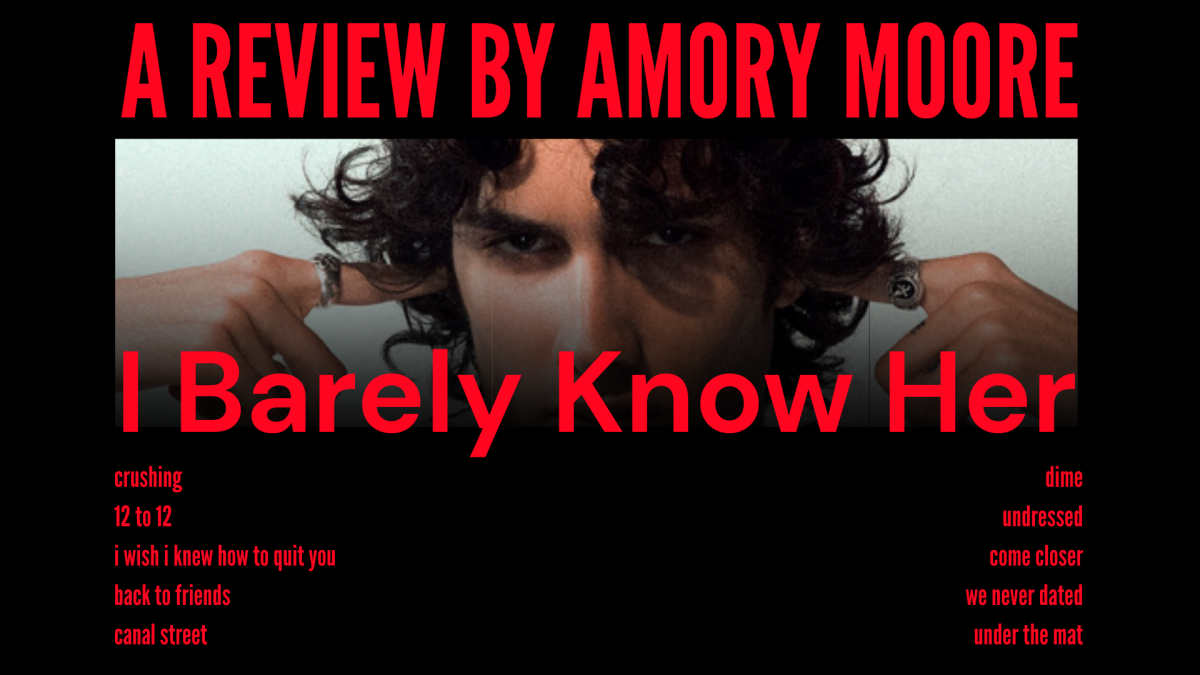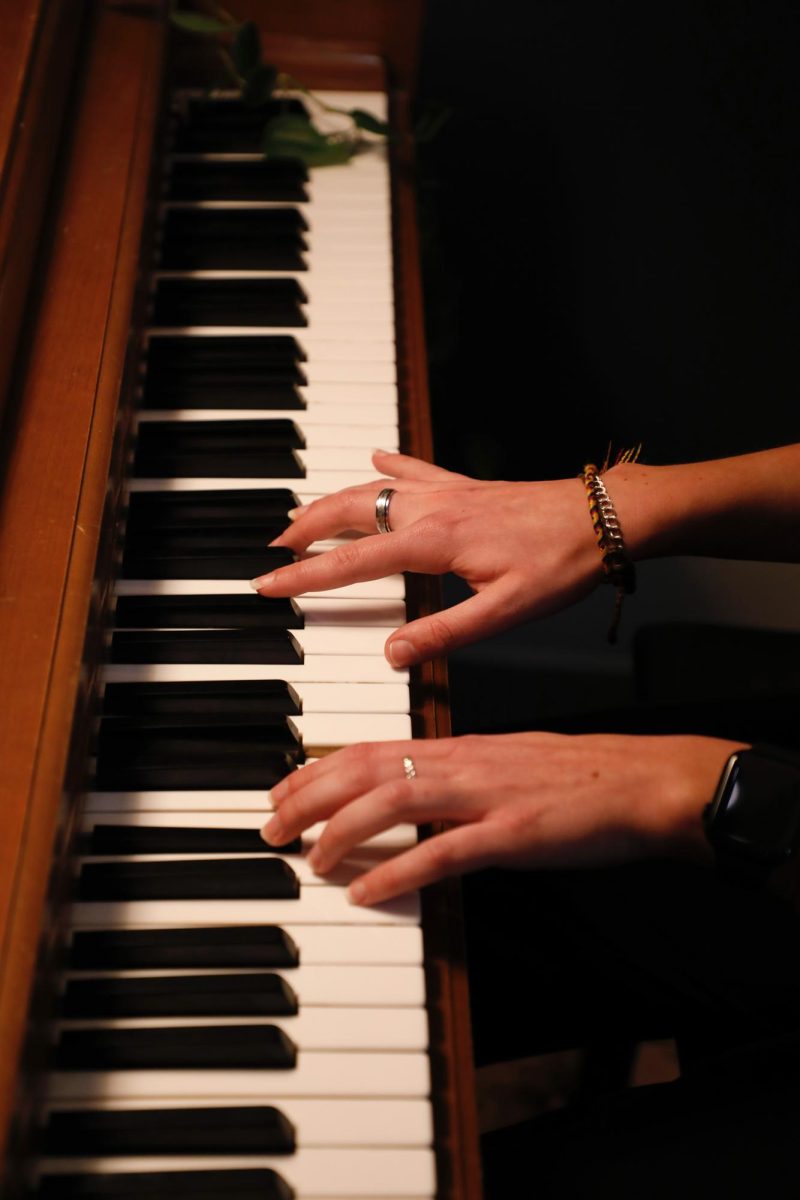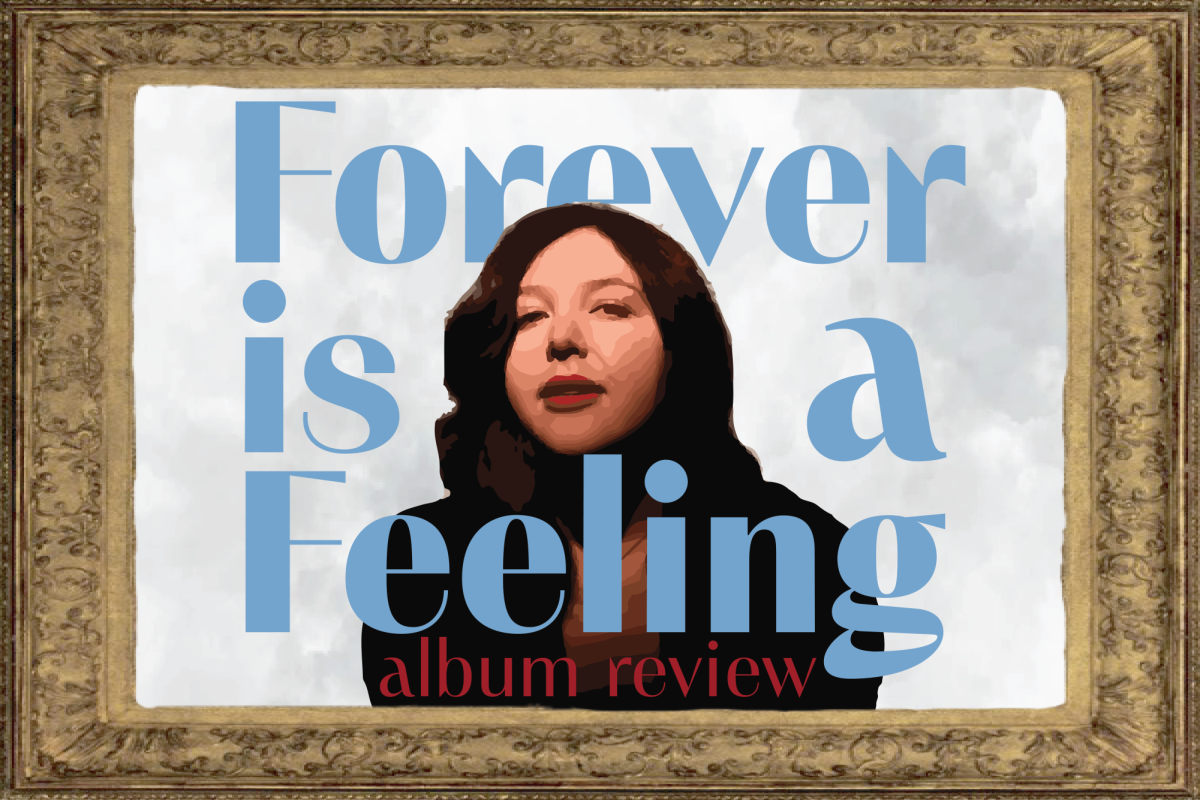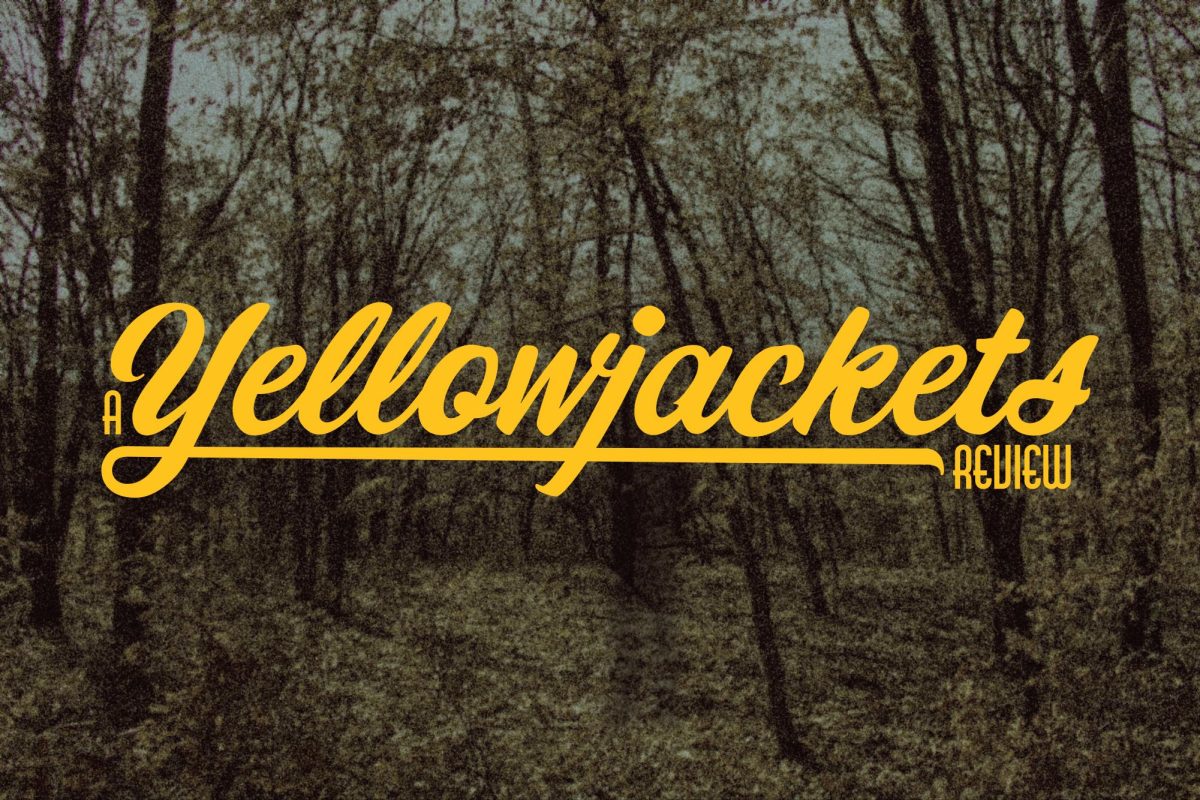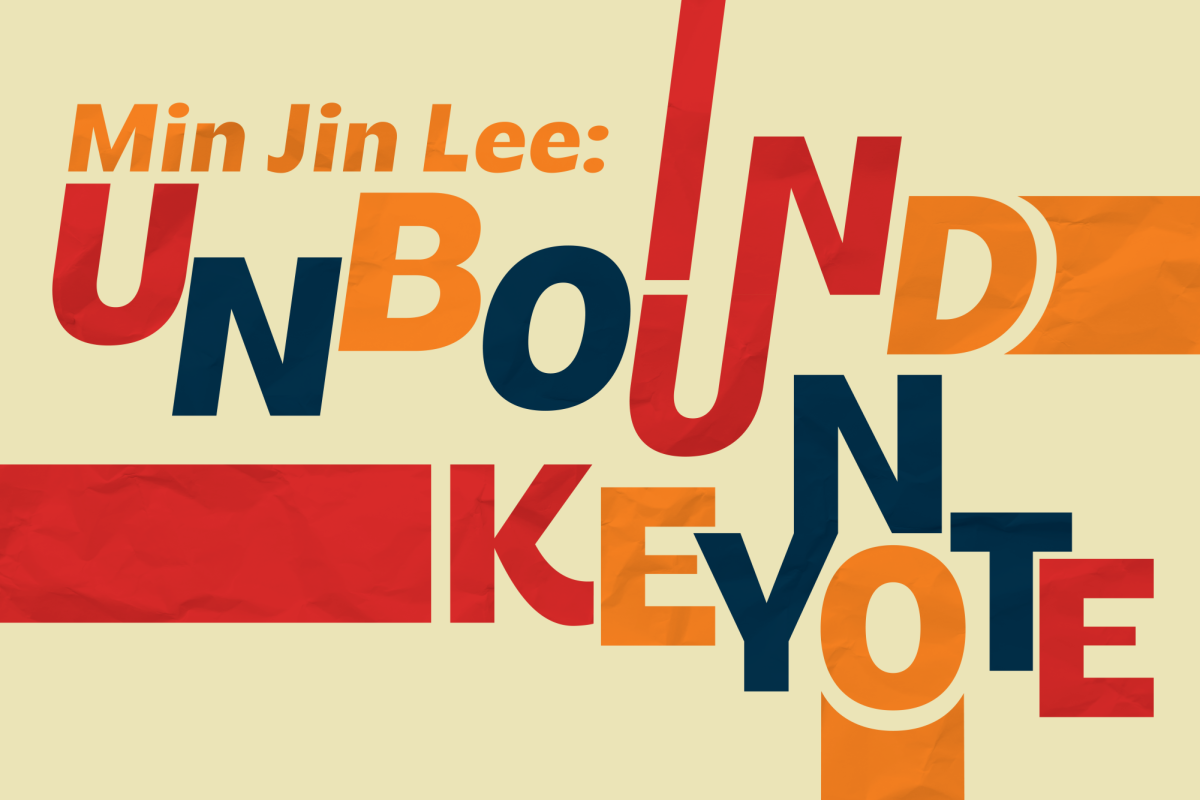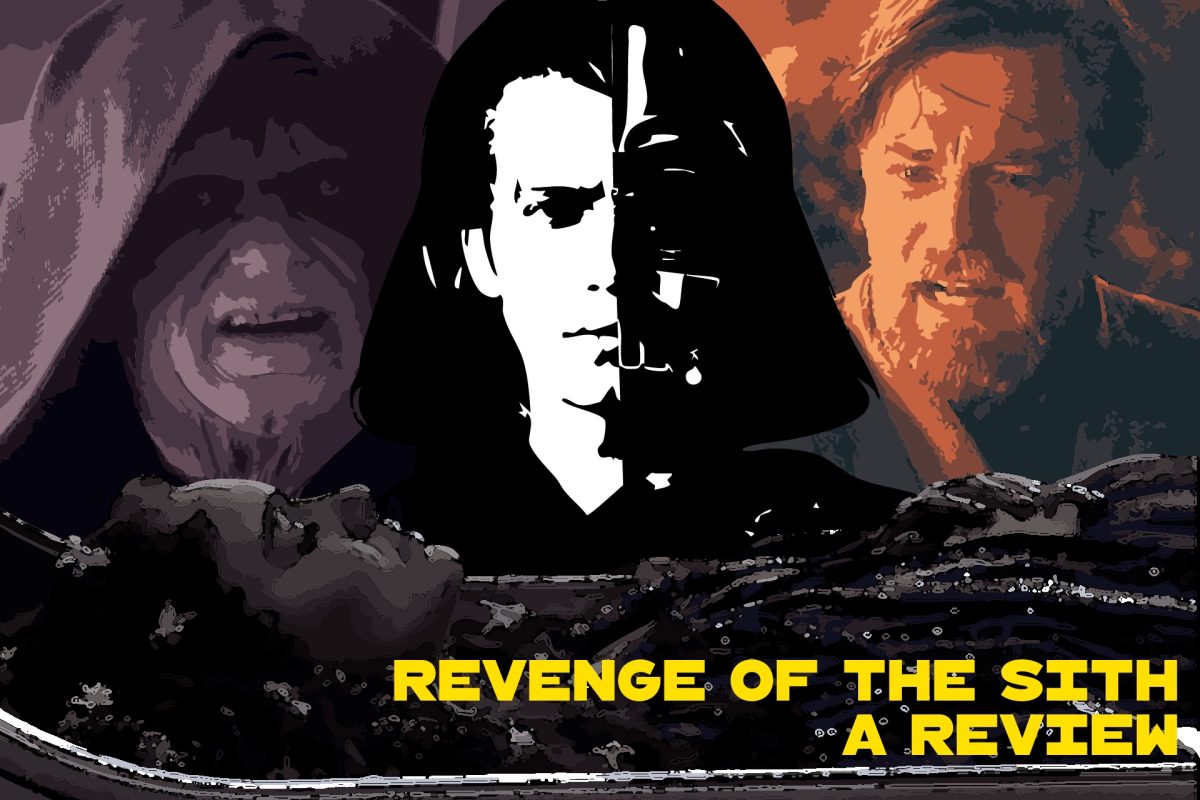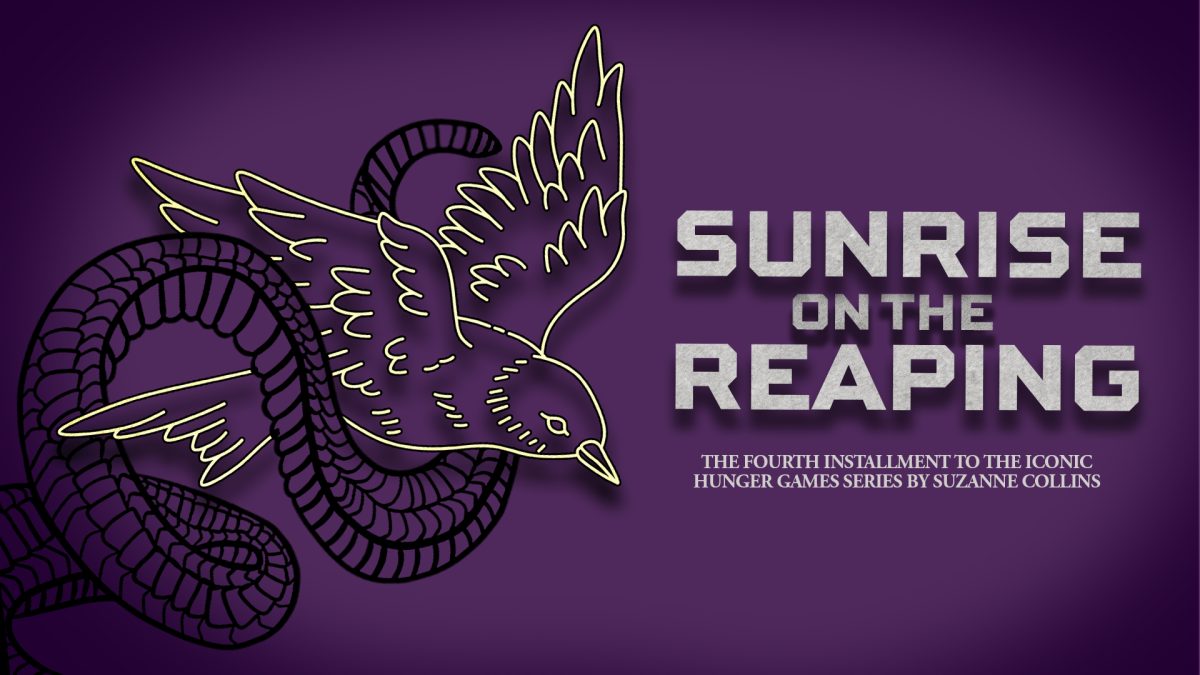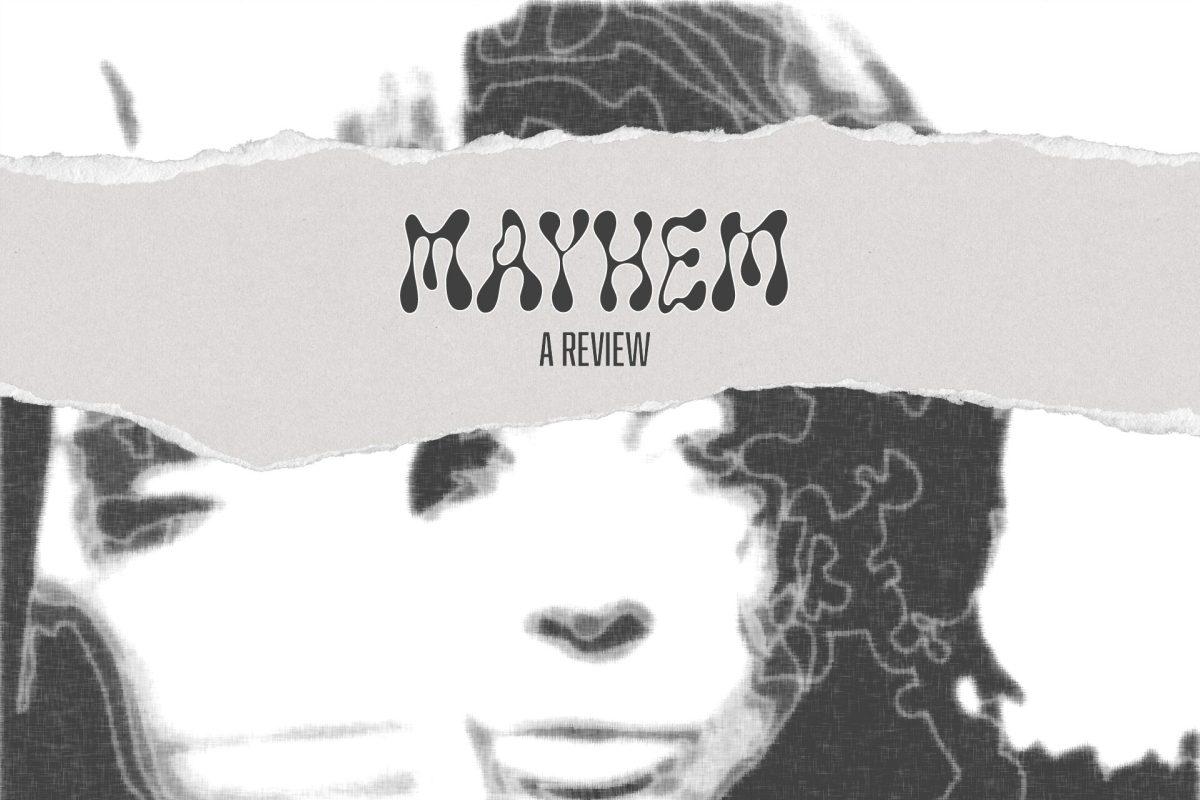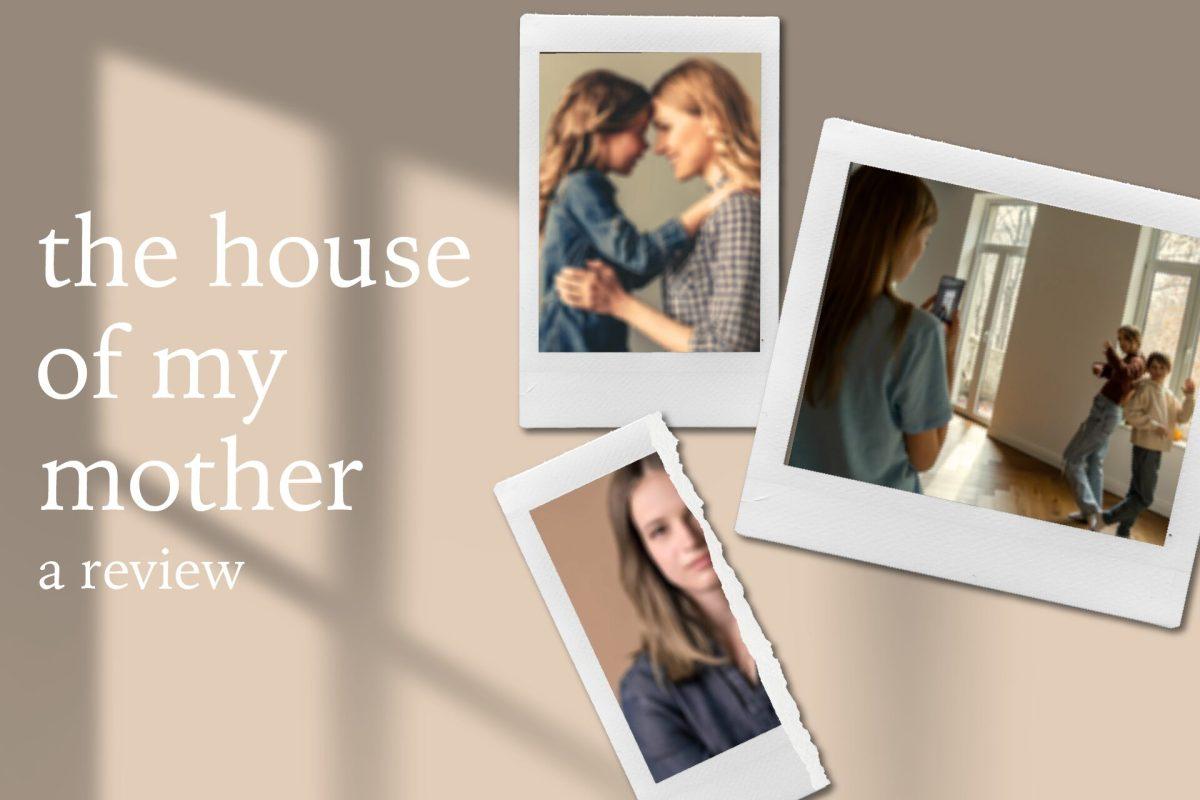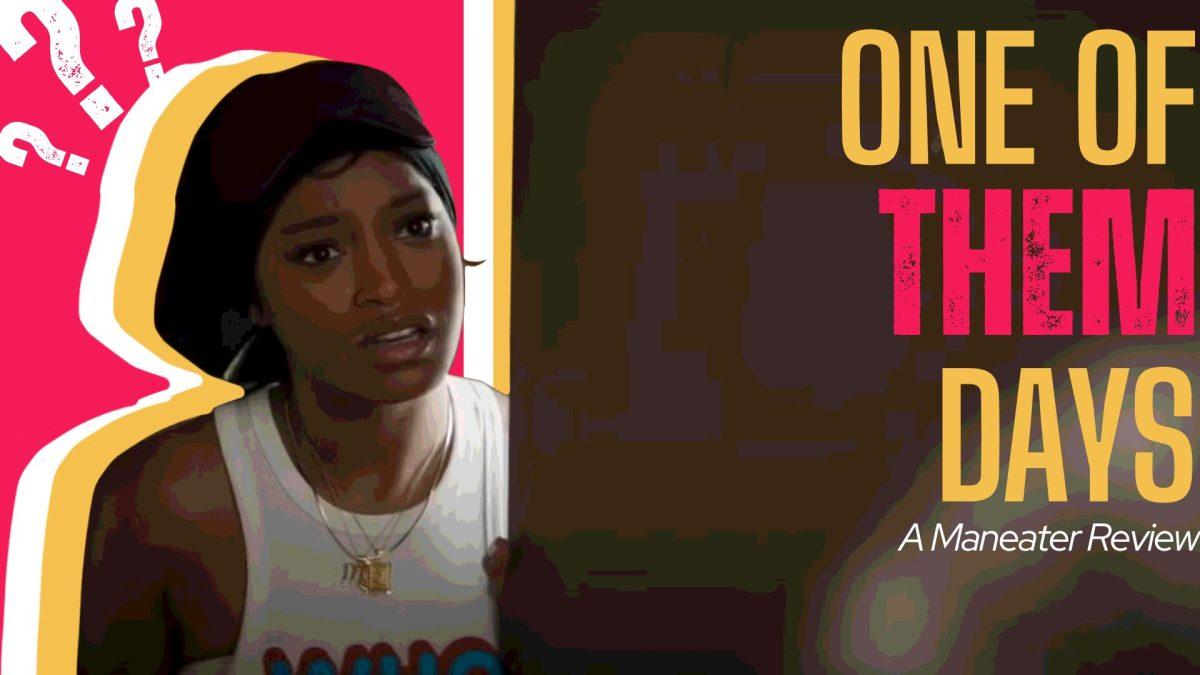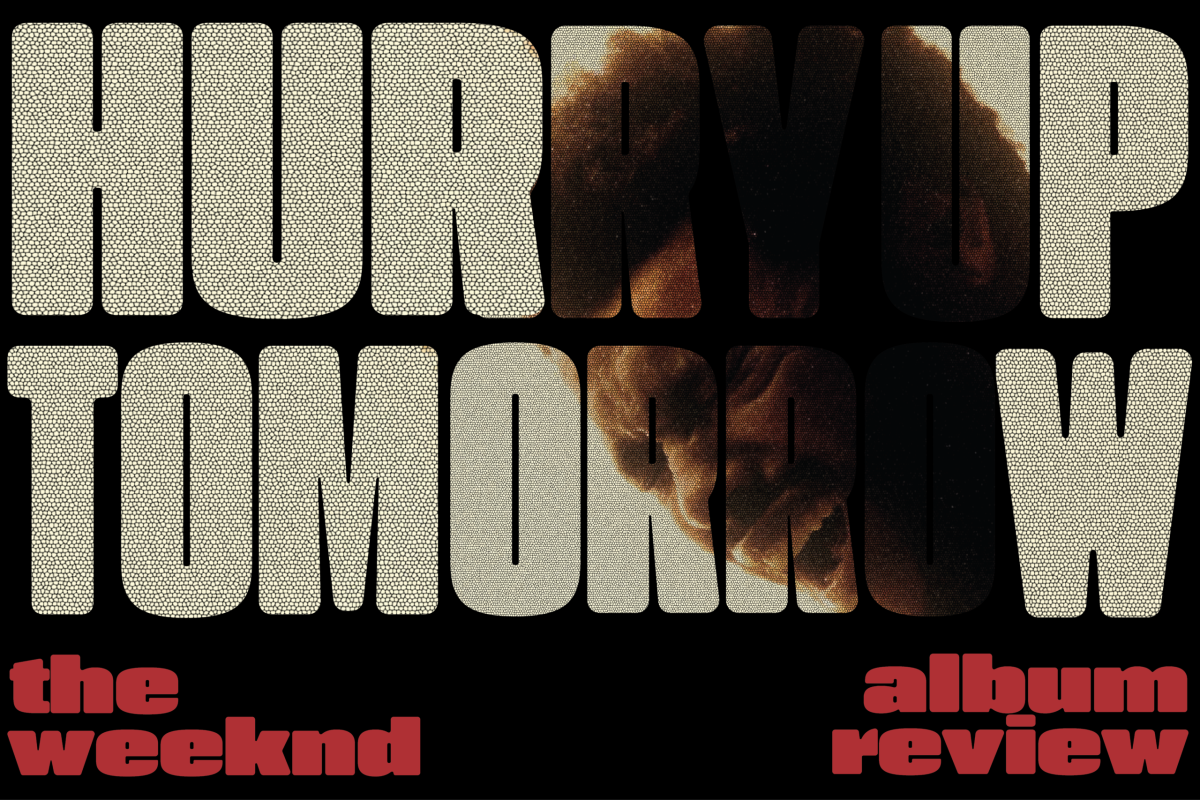The cast of Broadway’s “Maybe Happy Ending” released the original cast recording of the show on March 14. The album, which is the perfect combination of jazz, pop and musical theatre, is already one of my favorite soundtracks of the year.
I had the opportunity to see “Maybe Happy Ending” on Broadway in January and was absolutely thrilled by every single aspect of the show. The technical design, execution and acting all stood out as some of the best of Broadway, and the music was no exception.
With 26 tracks plus one bonus track, totaling just over an hour of music, this cast album brings almost two-thirds of the show to listeners. Darren Criss, who plays Oliver, and Helen J. Shen, who portrays Claire, blend their voices in combination with the magical pit orchestra to create a stunning sound in almost every way.
The show tells the story of Oliver and Claire — two outdated HelperBots in a near-future Seoul, South Korea who discovers love, loss and what it means to be truly alive.
In the world of the show, HelperBots are artificial intelligence assistants who are purchased to make life easier for their owners. Once their services are no longer needed, the HelperBots are given their own room in a HelperBot retirement building.
“Maybe Happy Ending” was originally written in Korean, with shows performed in South Korea and Japan beginning in 2016. In 2020, the show made its English-language premiere in Atlanta, but prior to March 14, 2025, the show only had a Korean-language cast album.
The newest album opens with a jazz solo from Dez Duron, “Why Love.” Duron’s character, Gil Brentley, shares a series of jazz solos throughout the album. The song begins with an almost static, vinyl-like effect over Duron’s smooth voice.
Throughout the show, Oliver associates jazz and vinyl records with memories of his former owner, who adored the genre. This connection becomes a crucial part of Oliver’s relationship with Claire, as his growing love for her is paralleled by Duron’s jazz numbers in the album.
As the album continues into the second track, “World Within My Room,” listeners are introduced to the lonely life of a retired HelperBot, alone in their apartment.
“The perfect place to explore from / I never need more from / The world within my room / I choose a book and read it / a place to recharge when I need it / And it’s all within my room.”
Other standout songs within the album include the three “Hitting the Road” tracks. Each of these songs follows Oliver and Claire along different parts of their road trip to Jeju Island, where Oliver’s owner resides. These upbeat and comedic tracks, sung by Criss and Shen, are some of the first songs in the album that show how smoothly the vocalists’ voices blend together. The three songs are each a hit and some of the best musical theatre-style songs on the album.
“The Rainy Day We Met” and a few other songs fall between the second and third parts of “Hitting the Road.” “The Rainy Day We Met” was the first single released to promote the album. It had been on repeat for me over the three weeks as I eagerly anticipated the full album’s release. The song follows Oliver and Claire as they craft a fake love story to convince any humans they encounter along their trip that they, too, are human.
The song shows the delightful comedic timing and rapport between the two leading characters. As the song ends, Criss and Shen’s voices once again come together in a wonderful harmonic chorus.
“Chasing Fireflies” is another brilliant track from composer Will Aronson. This instrumental song showcases the outstanding talents of the 11-person pit orchestra. On stage, at this point, a curtain is pulled back to reveal the small orchestra onstage surrounded by a luscious forest filled with lightning bugs.
As the track continues and the stringed instruments swell, the lightning bugs escape into the audience, and the woodwind instrument brings the lightning bugs into the listener’s ear with a flourish fading in and out with the strings.
Tracks like this also set this album apart from other cast recordings as shows typically cut the instrumental interludes for the cast album and keep their pit band hidden below the stage. Making these strings live and visible during the song “Chasing Fireflies” was important to the show’s lyricist, Hue Park.
“To contrast the futuristic setting, it was a unique case where (Park) wanted to show that this was something different. From the first reading (of the show) we had those strings,” Aronson said in an interview for the musical.
Criss and Shen’s duet in “When You’re in Love” is another heavenly track. The harmonies throughout the song are perfectly in sync. The building dissonant chords were expertly written by Aronson, showing the uneasiness as two robots try to grapple with their feelings of love, something they’ve never felt before. But it’s not just robots that can relate to Park’s lyrics.
“When you’re in love you’re never satisfied / The thing you want is always out of reach / When you’re in love, you are the loneliest / You’re only half / When one is what you were / You’re part instead of whole.”
To me, this song, between the lyrics and composition, perfectly encapsulates how it feels to be in love.
As the characters realize they have fallen in love, the dissonant chords resolve into a harmonious major key, mirroring their emotions as they join together to sing their hopes out loud.
“Now I’m hoping that you feel all the things I feel / Wishing that you want me to sit beside you / Wanting now to learn all the things you are / Waiting for a chance to invite you in my heart / Talking in a car in the afternoon / Sitting by your side on a sunny day.”
Through the next instrumental “Touch Sequence” track, the characters ultimately do come together in the perfect robotic love story. Maybe this is their happy ending? Unfortunately, the story does not end here, and the character’s intimacy is short-lived.
The next track, “Then I Can Let You Go,” follows Oliver and Claire as they try to quit their addicting love. This song is one of the best genre blends on the track, with a jazz chorus sung by Duron and musical theatre verses from Criss and Shen.
“So now, should we end it? I’m ready if you are / Maybe just one more day.”
The last standout song of the album is the show’s titular song “Maybe Happy Ending.” The song once again combines Criss and Shen’s beautiful harmonic voices. By the time I finish listening, I am emotionally wrecked.
The robots decided they were not meant to love and the emotions had become too much for them to handle. In the once again masterful lyrics by Park, the two HelperBots come together to reset their memories to the day before they met, erasing each other from their lives.
“You held my hand / You taught me love and then you set me free / That’s not such an awful ending, if we have to have an ending / Is this our maybe happy ending? We’ll see.”
As the characters finally ask that question, the song fades into the next track, “Memory Sequence.” This is an instrumental track that plays as the two characters erase their memories forever through a projected flashback sequence in the show.
The instrumentals by Aronson alone are enough to provide a meaningful, tear-jerking recap of the robots’ love story for listeners. The track begins with a single note played repeatedly on the piano. Then, strings join in for a slow melody, just as though the two characters joined for the first time in the show.
The music quickly builds into the main melodic theme of the album, sharing Oliver and Claire’s journey during the plot of the show. The strings tremble and the cymbals begin to crash. Everything is rushing forward, spiraling, as the happy memories flicker by in an instant.
Suddenly, a moment of stillness as the strings descend in a fall. The piano lingers with a final tune. And then — it’s silent. The two characters have forgotten their memories and their passion for each other. This is not quite the maybe happy ending some listeners would hope for.
The album continues on for a couple more songs, as the two robots meet each other with their memories erased, as though it is the first time they’re meeting. In the staged production, the “Finale” also ends with one final twist to the show, which I won’t spoil.
Overall, this cast album is one of my favorites of all time. As my top contender for Best Musical, Original Score and Book at the Tony Awards and Musical Theatre Album at all music-based award shows this upcoming season, I could not recommend the “Maybe Happy Ending” Original Broadway Cast Recording enough.
For anyone looking for a fresh new Broadway album, “Maybe Happy Ending” delivers a beautifully crafted, emotionally rich score that lingers long after the final note. Whether you’re a fan of musical theatre, jazz or pop, this album is definitely worth a listen.
Edited by Mikalah Owens | [email protected]
Copy edited by Avery Copeland and Natalie Kientzy | [email protected]
Edited by Emily Skidmore | [email protected]


